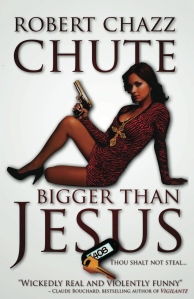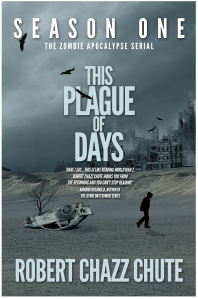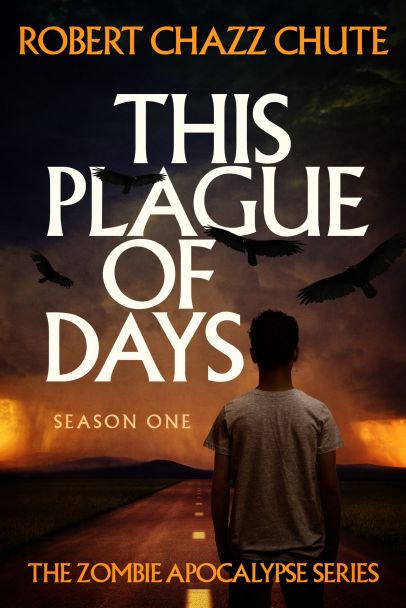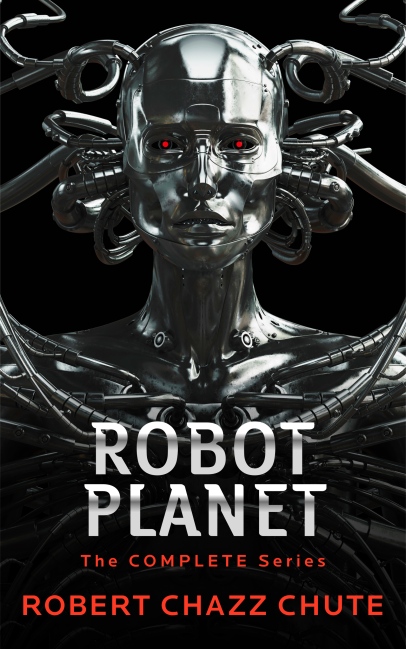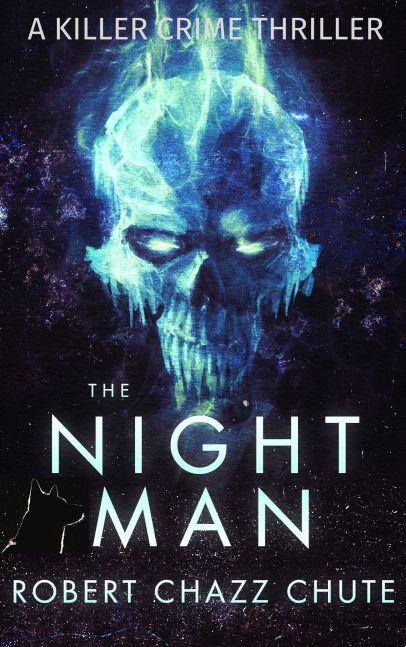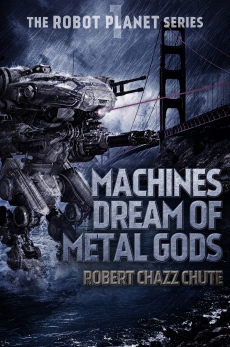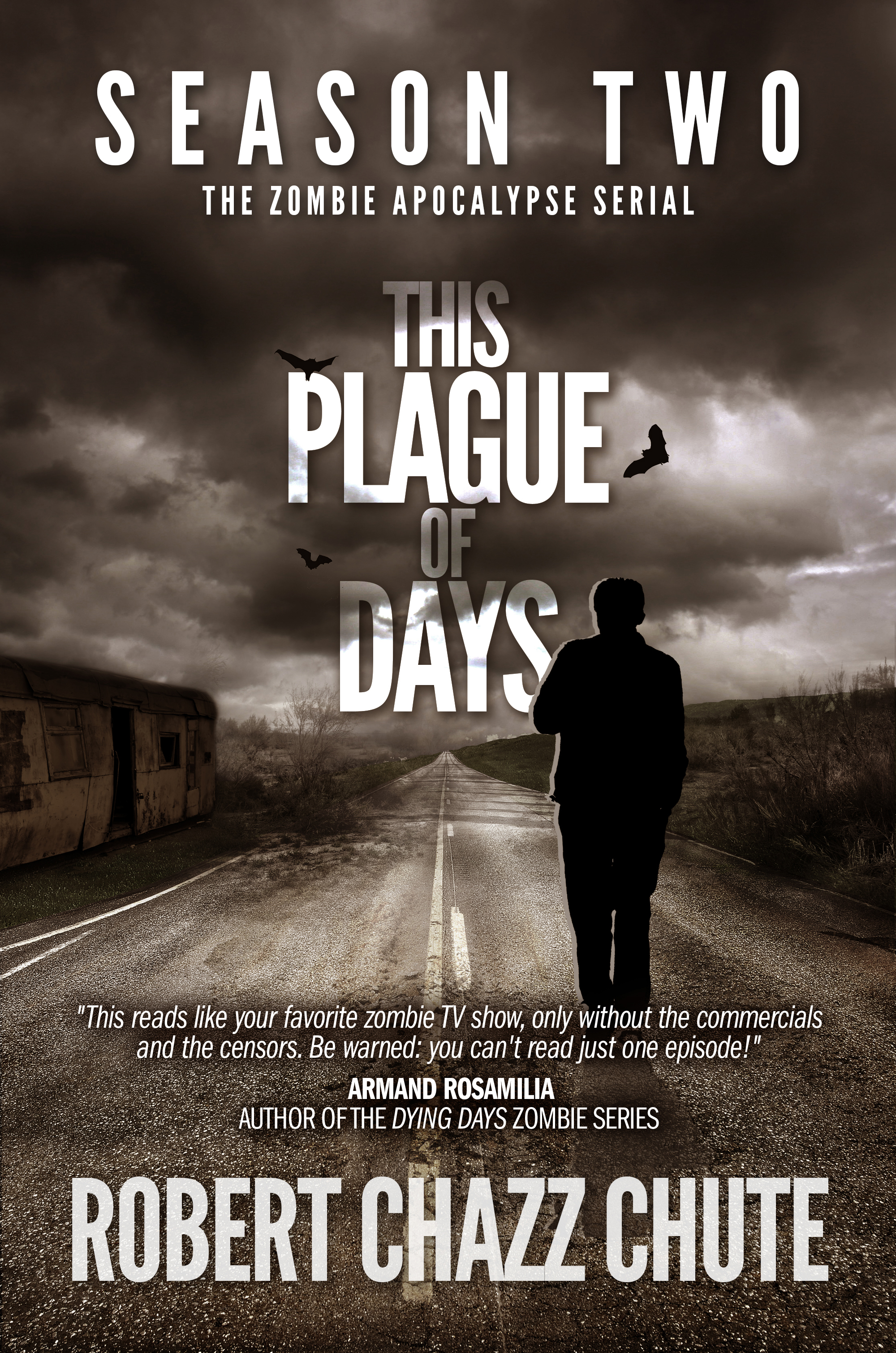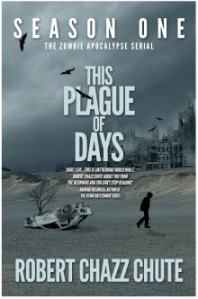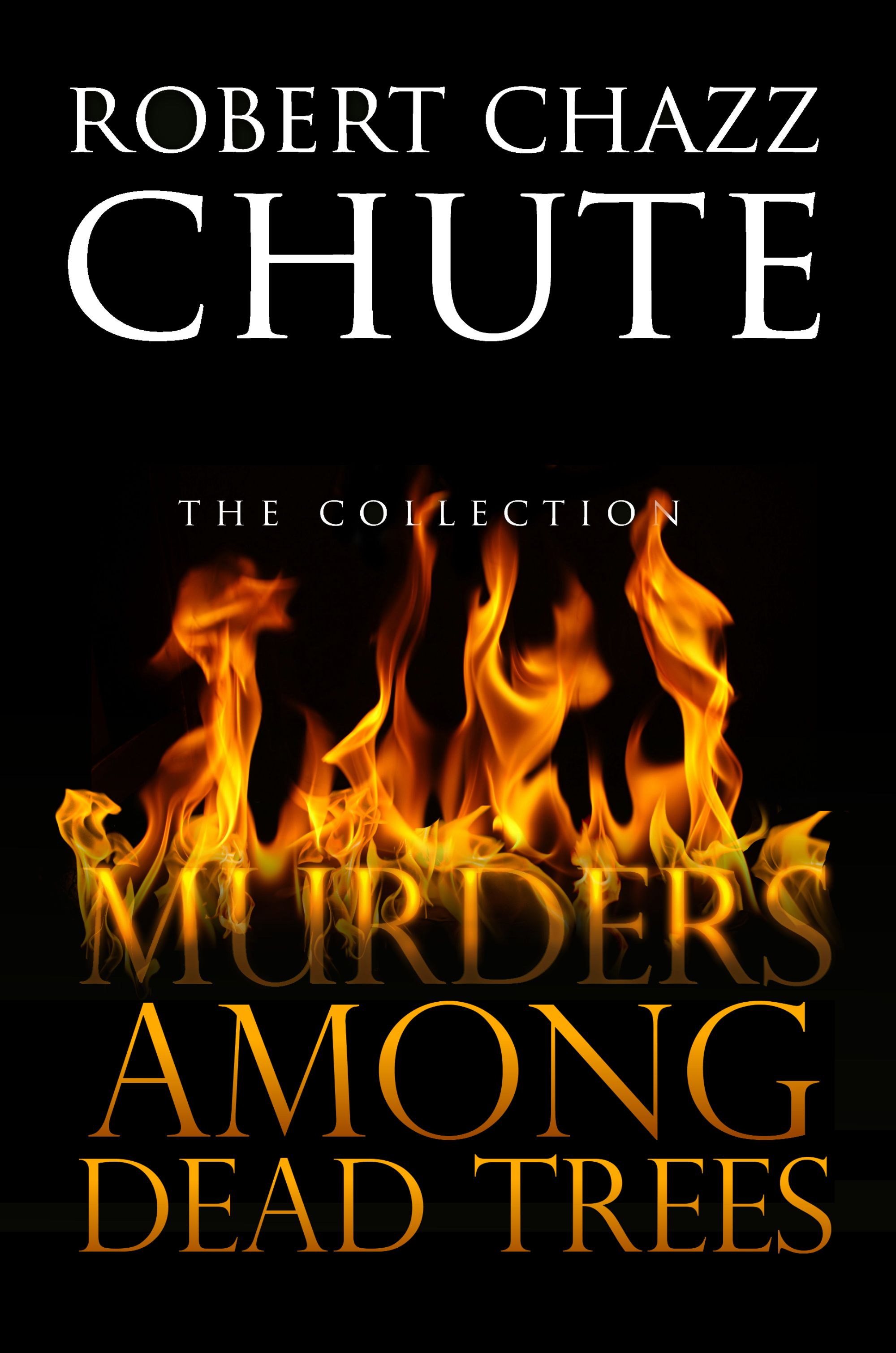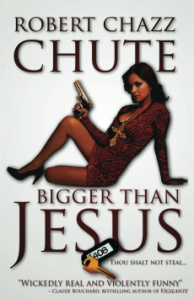This is not a story about titles. You’re thinking of “titling.” We digress today from the relentless cheerfulness and positivity of this blog to have a look at how some in traditional publishing still see us.
But first, since what’s to come triggered a memory of indignity, a story from the trenches:
I was once a sales rep representing several publishing houses. Hang in there for the big honkin’ point at the end.
Once upon a time I worked for an oh-so-serious publishing house in downtown Toronto. We published oh-so-serious books that were sometimes hard to sell. No surprise. We were Canadian, after all. Worse, we published books that had to sound Canadian, or vaguely British, and not even of the 20th Century. (Told you this was an old war story.)
Unfortunately, the publishing house was close to a then-fairly-famous bookstore. The publisher would take authors out to lunch. On the way back from that hoity-toity lunch, the publisher would take authors to that bookstore to say, “We put your book on that shelf and aren’t we both so lucky to be fabulous swells? No promises on your next novel, but I’ll try to get you a government subsistence grant which I shall pen from my Swiss Chalet.” (Not the chicken restaurant. An actual Swiss Chalet. You get the classist dynamic.)
The publisher, a wealthy glitterati, was draped in diamonds even during the day, not knowing that was gauche and should be reserved for dining at night (with Queen Elizabeth.)
The author, a poverty-stricken member of the lowly literati, wore elbow patches on his ratty old sports jacket. Not to appear avuncular and professorial. To cover actual holes. The ink-stained wretches get the crumbs their betters forget to throw to the dogs. Traditional publishing hasn’t changed that much through the years. (This was the late ’80s. Now, there are no lunches with the wretches. Just ignored emails. Anyway, you get the income inequality dynamic.)
One terrible day, the bookstore tour backfired.
The nearby bookstore did not have the author’s book. We published it and it was not there. (Clutch those pearls. Here’s where it gets ugly.) The bookstore owner, infamous for being a dick, did not order the book in question in any quantity. They weren’t “out”. They didn’t order and didn’t plan to do so. (“Ev-er!” as we used to say.) The publisher was wounded and embarrassed, of course, for herself and for the author. (Soon the rage would be turned on me, your-ever-loving Chazz, so don’t feel too bad for her.)
The dick didn’t want that crap novel in his store, as was his right. He didn’t like the author’s work and he didn’t like the author personally. That was perfectly understandable. Nobody but snobs liked that author’s books and nobody but his mom liked the author. I especially didn’t like him after he threw (as we called it back in the day) “a hissy.”
I was the sales rep to that bookstore. I received the publisher’s anguished memo recounting her horror. The note ended with two words, “What’s wrong?!”
Since she was the boss and also the acquisitions editor for this boring book and this insipid author, naturally, we couldn’t tell her the truth. I wanted to express exactly what I’ve written here since I wasn’t being paid enough to lie. I campaigned for the truth. However, a cooler head prevailed and my immediate boss dragged his sorry ass over to the dick’s bookstore and grovelled to get it in stock.
I felt bad for him. And me. I’d already done my job. I tried to sell the dick a book and he said no and we moved on to the other 100 books in the catalogue because that’s what grown-ups do, even when they hate each other’s guts. (That bookstore is now closed. The dick is still alive. In related news, voodoo dolls do not work. At least they don’t work this far north of the equator.)
The first point is that no one can force any place that sells books into selling any particular book. Free will and freedom and eagles and moose and all that and whatnot. It’s a business and the author in question wasn’t a social fellow. The bookstore owner wasn’t a social fellow. Their poor sales rep (i.e. me) was in the middle and I didn’t appreciate dealing with either of them.
Do I regret my time as a sales rep for big publishing? I’ve learned more as a micro-publisher. As a micro-publisher, I finally found love. Thank you.
And now…the point: A video to blow your mind.
Today I witnessed a spectacle of what The Passive Guy of The Passive Voice refers to as Amazon Derangement Syndrome. I’m about to provide you a link that shows a lot of things. I see derangement, certainly. Also, a sharp tang of smug even I have never aspired to. On the video you’ll see a lot of fear and other weirdness. Calling Amazon a monopoly when they are merely winning at competition, for instance, is pretty weird.
You will also witness entitlement. Make that Entitlement with a big E. As in, how dare Amazon not carry certain books even though they are available elsewhere? (It wouldn’t actually matter if they weren’t carried elsewhere, by the way. No bookstore carries all books. Not even online bookstores.)
Or how about this one: How dare Amazon sell Big Publishing’s books at the price that’s stamped on their books? The word “democracy” is floated out there willy-nilly. There is a distinct disconnect from reality. There are also a few lies or blind falsehoods and errors. I’ll let you figure out which belongs to whom. (See the comment thread — below — for help with that.)
For every problem Big Publishing has, they have someone else to blame. Well…one thing, actually. It’s always Amazon’s fault. Pay attention to the guy beside the woman who isn’t really moderating the debate. That’s Passive Guy himself AKA the rational one. The rest are very afraid and make few good points. When James Patterson wheels off into something about burning books, I have no clue what the #$@! he is on about.
Here’s the video of the most lopsided debate ever.
You’ll also find the comment thread over at The Passive Voice illuminating.
Filed under: author platform, book marketing, book sales, book stores, books, bookstores, James Patterson, livestream, passive guy, publishing, publishing house, publishing houses, publishing in Canada, publishing in the 1980s, Robert Chazz Chute, sales rep, self-publishing, The Passive Voice, traditional publishing, video, writers

